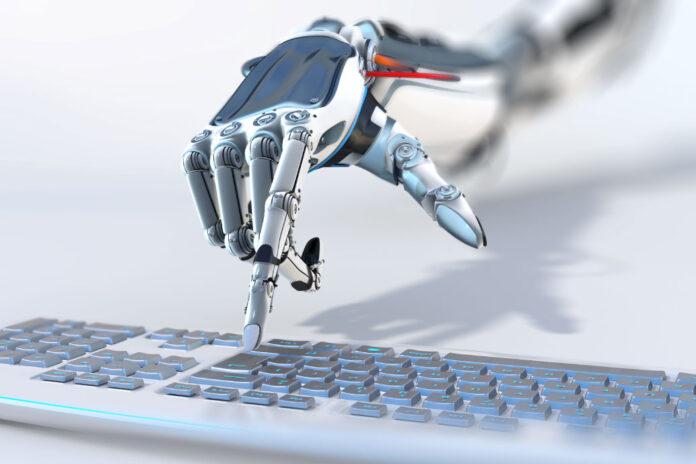The Utilities industry, responsible for providing essential public services such as energy, gas, water, sanitation, telecommunications, public transportation, shipping and delivery systems, and waste collection, is at the epicenter of a technological revolution that promises to transform how these services are delivered in Brazil. The integration of Operational Technology (OT) networks with Information Technology (IT) is a central theme in this context, driven by the need for greater control, cost optimization, and operational efficiency.
The interconnection between OT and IT enables smarter asset management, optimizing operational processes and promoting automation. However, successful implementation of this integration requires specialized knowledge and a robust technological infrastructure. Among the main challenges is cybersecurity, as these companies are frequent targets for hackers due to the value of their data and the impact of service disruptions on society. The integration of IT/OT networks expands the attack surface and demands robust security measures such as firewalls, intrusion detection systems, data encryption, and constant monitoring.
Artificial Intelligence (AI) emerges as a key ally in this scenario, with 82% of industry executives recognizing its strategic importance, according to a study. It enables the automation of monitoring, analysis, and preventive maintenance processes. Through advanced algorithms, AI can predict failures, identify anomaly patterns, and suggest solutions before major issues occur. Technologies like Visual Inspection, quality control, and IoT (Internet of Things) are increasingly present in the sector, enabling proactive and efficient management.
The Utilities market in Brazil is increasingly focused on developing verticalized solutions that replicate successful models from other countries while exploring new technologies and approaches. Innovative solutions in visual inspection, quality control, and predictive maintenance, driven by AI and IoT, promise to optimize processes, reduce costs, and enhance operational efficiency. The implementation of smart grids, for example, has been one of the most promising initiatives, promoting smarter and more efficient energy distribution.
The digital transformation in Utilities is also driving significant changes in asset management and customer experience. With 36% of executives emphasizing the importance of asset management to ensure reliable services, Brazilian companies are investing in solutions that combine IT and OT to optimize their operations and improve customer service.
The digital transformation of the Utilities sector is not limited to technology. It involves a shift in mindset, with companies seeking new ways to interact with customers, streamline internal processes, and contribute to a more sustainable future. The adoption of ESG (Environmental, Social, and Governance) practices is increasingly important, with companies striving to reduce their environmental impact, promote social inclusion, and adopt responsible governance practices. Data accuracy and reporting have become essential for measuring progress toward these goals, avoiding greenwashing (false impressions of social and environmental responsibility) and promoting transparency in sustainable initiatives.
However, despite the advantages, digital transformation in Utilities still faces significant challenges. Many companies report difficulties in accurately measuring the value of technology investments, as well as organizational barriers such as a lack of consensus among leadership on priorities. The security of cyber-physical systems is another critical concern, requiring advanced measures to prevent attacks and protect the integrity of essential services.
The trend for the coming years is that Utilities companies will significantly increase their investments in AI and connectivity. Research indicates that by 2027, 40% of energy and Utilities companies will implement AI-driven operators in control rooms, reducing human error risks and optimizing operational efficiency. However, this transition also requires a careful approach to mitigate vulnerabilities and ensure effective collaboration between humans and artificial intelligence.
The integration of IT/OT networks, driven by AI and other disruptive technologies, is an irreversible path for the Utilities sector in Brazil. Organizations that can leverage the strategic opportunities of this transformation will be better prepared to face future challenges, deliver high-quality services, and contribute to the development of a more efficient, sustainable, and connected country within an increasingly robust ecosystem.


